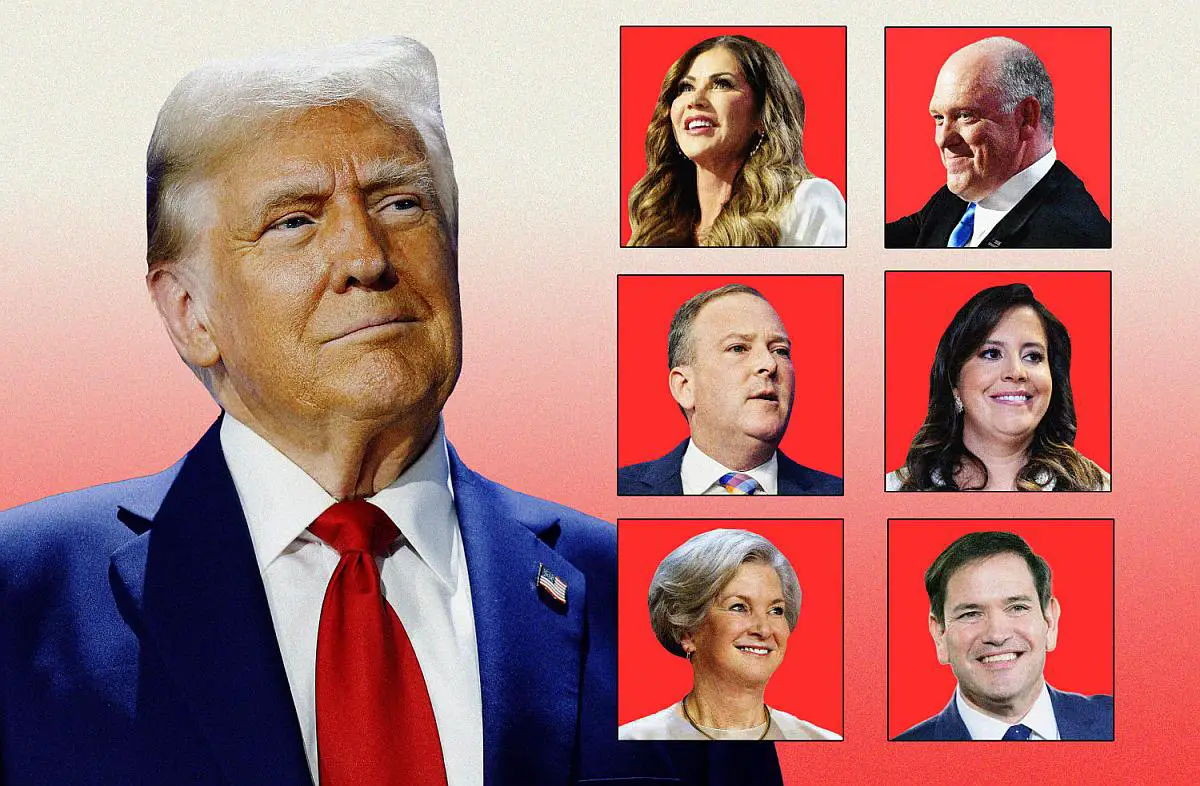There’s been a lot of talk over President-elect Trump’s demand that the next Senate Majority Leader must be supportive of using “recess appointments” to fill out the President’s upcoming team.
Under the normal order of business, the President nominates an individual to head an agency and the U.S. Senate will perform a kind of vetting and then vote on that nomination. This process is sometimes lengthy and can be stalled if the Senate decides to hold up an appointment for months or even years. That situation would be unacceptable given the urgency with which Trump is moving to fill these positions and restore order to a bloated bureaucracy.
Recess appointments were used quite regularly by all past presidents and hold constitutional precedent:
The Senate, as set up by the U.S. Constitution, holds an important role in confirming — or rejecting — high-level officials like Cabinet positions, judges and ambassadors. It’s part of the government’s checks and balances that ensures the president does not get to unilaterally rule. However, there is a clause in the Constitution that allows presidents to fill out their administrations while the Senate is in recess.
During the nation’s early history, Congress would take months-long breaks from Washington, and presidents could use recess appointments to avoid having an important job go unfilled. But more recently, the process of recess appointments has been featured in partisan fights with the president.
President Bill Clinton made 139 recess appointments and President George W. Bush made 171, though neither used the process for top-level Cabinet positions, according to the Congressional Research Service.
In 2014, a Supreme Court ruling limited the scope of what constitutes a “recess” and said the Senate must be adjourned for at least 10 days before a President could initiate a recess appointment.
It was Democrats, under Harry Reid during the Obama years, who instituted a new rule in the Senate that basically left the chamber in session in perpetuity:
That’s resulted in a practice where the Senate — even during weeks-long breaks from Washington — still holds pro-forma sessions where one senator opens and closes the chamber, but no legislative business is conducted.
The House also holds some power over recess appointments by refusing to allow the Senate to adjourn.
With Republicans controlling the Senate by a clear majority, with seats to spare, recess appointments may become less of an issue unless the process slows to a grueling crawl. However, there could still be opposition to certain Trump appointments that peel away a handful of GOP Senators leaving the position vacant.
Then the question is whether Senator John Thune, the new Majority Leader, will allow the body to recess long enough for Trump to make his desired appointments to various federal agencies.
Thune recently indicated that a change in rules to allow recess appointments seems to be on the table:
“We must act quickly and decisively to get the president’s nominees in place as soon as possible, & all options are on the table to make that happen, including recess appointments. We cannot let Schumer and Senate Dems block the will of the American people,” Thune said on X.
With newly announced picks such as Robert F. Kennedy Jr. to head the Department of Health & Human Services and Congressman Matt Gaetz as Attorney General, recess appointments may soon become a reality if Republicans don’t align with Trump’s agenda or Democrats try to derail the nomination process.
Here’s Thune speaking with Bret Baier on how the process will play out into January and past Trump’s inauguration:
🚨 WOW! John Thune just said recess appointments are on the table if the Senate REFUSES to confirm Trump’s nominees
“All options are on the table, including recess appointments. Hopefully it doesn't get to that.”
LET’S GO! pic.twitter.com/Cyss5mARm4
— Nick Sortor (@nicksortor) November 14, 2024
